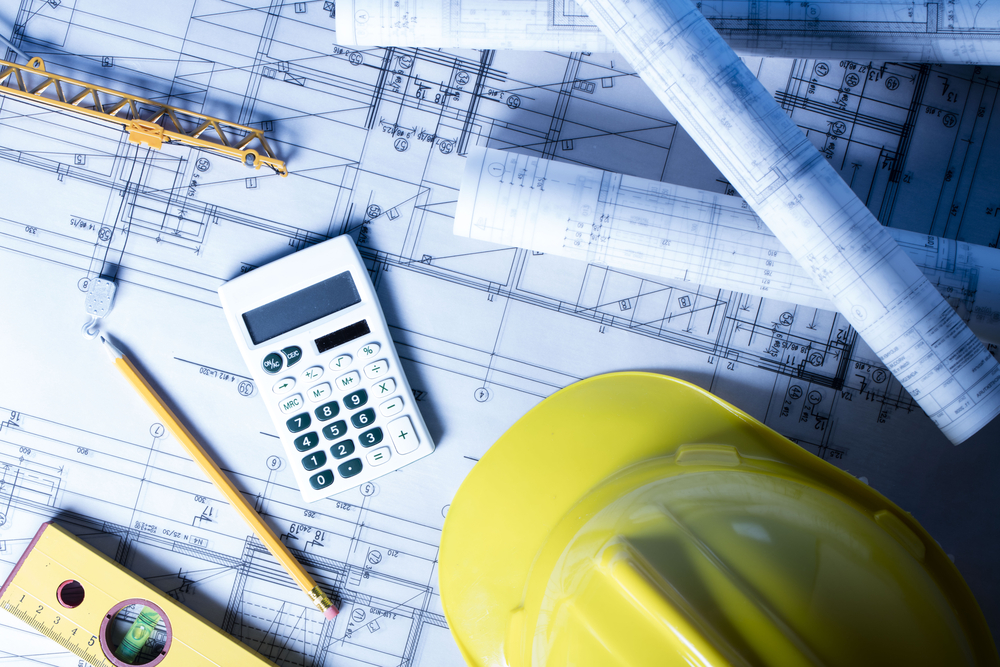So, you’re in the real estate market with two prospects in mind: either
a) buying your first investment property, or
b) strengthening and diversifying your investment portfolio.
You also want to save time and money while minimising the stress and risk that comes part and parcel with buying property.
What can you do to make this all happen?
Whether you’re after a slice of Fitzroy or the coastal appeal of Mornington, enlisting the help of a buyer’s advocate in Melbourne is the best way to get the real estate investing advice you need.
A buyer’s advocate works for and on behalf of the buyer, from scouring the market to securing the best deal – all while providing representation along the way. A good buyer’s agent will share market insights and local knowledge. A great buyer’s agent will make decisions based on a multifaceted strategy that not only accounts for the data, but also fits with your personal financial and lifestyle goals.
If you are thinking of working with a buyer’s advocate in Melbourne, there are a few key steps to be aware of:
Step 1: Strategy Session
Step 2: The Search
Step 3: Detailed Property Analysis
Step 4: Purchase Negotiations
Step 5: Post Purchase
In this article, we’ll further outline the process of working with a buyer’s advocate in Melbourne and shed some light on what to expect on this journey.
What is the Role of a Buyer’s Advocate?
Before we proceed with the five steps, let’s briefly review the definition of a buyer’s advocate. A buyer’s advocate (or agent) represents the buyer, not the seller, by scoping out and evaluating properties. Their skill set also includes negotiating or bidding on their client’s behalf.
What else do they bring to the table? If you choose the right advocate, they should be able to provide an in-depth insight of the local market and know all aspects of the buying process like the back of their hand.
Some buyer’s advocates in Melbourne will help you to buy your dream family home, while others – like at Property Analytics – focus on acquiring high-value, high-growth investment properties and blocks that are suitable for profitable property development.
The Buyer’s Advocate and Their 5-Step Process
Step 1 – Strategy Session
The process begins with an initial consultation. This is where you, the buyer, will sit down with a buyer’s advocate and start to discuss your investment needs and goals. During this session, both parties can have a nuanced discussion about their desired outcome, what types of properties to search for, and any other information needed to develop an effective strategy moving forward. The buyer’s advocate will also ask questions about budget, preferences, and a timeframe to narrow the search down further.
The property buying process is data-driven and specific to individual clients, which is why it’s important for you to provide as much detail as possible. The buyer’s agent will then be able to use this information to start searching for properties that meet your individual expectations.
Your advocate will also provide you with an overview of their services, fee structure, and the expected timeline. Essentially, this initial meeting sets the foundation for a successful partnership.
Step 2 – The Search
Now for the fun part – shortlisting suburbs and properties. Once your buyer’s advocate has a clear understanding of your goals, they will start searching for properties that match your criteria. This involves a deep dive into Melbourne’s real estate market, where the advocate leverages their local knowledge and industry connections to identify suitable properties.
Expect your advocate to present you with a shortlist of potential properties that align with your requirements. They will also provide comprehensive information on each property, including market trends, property history, neighbourhoods, schools, and other important factors influencing your purchase decision.
Another one of the buyer’s advocate’s key roles is to arrange property inspections on your behalf. If you are comfortable, they will also accompany you to viewings and provide valuable insights during the process. Melbourne has diverse neighbourhoods, each with its own character, and having an advocate with local knowledge can be a game-changer. Another benefit of their presence is the ability to pick up on problems with a property that may be otherwise missed.
Step 3 – Detailed Property Analysis
You’ve found the one. It ticks every box and it’s well within your budget. But hold your horses! Before you step in and make an offer, it’s important for your buyer’s advocate to conduct a detailed property analysis. With their industry experience, invaluable local knowledge and a little finesse, they can help you get a comprehensive understanding of the property you’re interested in.
Your buyer’s advocate will provide you with a full report on the property. This report covers things like the property’s current condition, market value, potential hidden issues, and any significant historical data that could impact your final decision.
Melbourne’s property market, like any other, has its share of potential pitfalls, and your advocate’s due diligence is essential for avoiding costly surprises. They will also have access to experts like home inspectors, appraisers, and legal professionals who can provide their insights during this phase.
Step 4 – Purchase Negotiations
When you’ve found a property you’re interested in, your buyer’s advocate will take the lead in negotiating the best terms and price. Negotiation is a critical step in Melbourne’s competitive market, and having an experienced advocate on your side will make a significant difference in securing the property at a favourable price.
Your advocate will negotiate with the seller’s agent, taking into account your budget and market conditions. They will also help you to navigate contract terms, contingencies, and other legal aspects to protect your interests.
An advocate may also be able to negotiate terms such as shorter settlement periods, additional inspections, and other favourable conditions for you. They can even arrange for temporary rent-back agreements if necessary.
During the negotiation process, your advocate will be available to answer any questions or concerns you may have. They’ll also keep you updated on the progress of the negotiations.
Step 5 – Post Purchase
The relationship with your buyer’s advocate doesn’t end after the purchase. They can continue to provide support, such as property management referrals, advice on increasing property value, and recommendations for maintenance and repairs. This ongoing assistance can be invaluable, particularly if you’re an investor looking to maximise your property’s potential.
Working with a buyer’s advocate often leads to the development of a long-term relationship. This relationship is built on trust and a mutual understanding of your property goals. As your advocate becomes more familiar with your preferences and objectives, they can continue to guide you through multiple property transactions, making the process smoother and more successful each time.
From search to settlement, Property Analytics is here to guide you through the entire process. For first-class results and value for money on your investment, reach out to the preferred buyer’s advocates in Preston and the Greater Melbourne area.
5 Reasons to Hire a Buyer’s Advocate in Melbourne
Hours of combing through online listings and attending viewings can leave even the most dedicated property buyers drained. Thankfully, a buyer’s advocate can handle all aspects of the property buying process for their clients from beginning to end.
Here are five reasons you should seriously consider the help of a buyer’s advocate in Melbourne:
- Experience Counts: A buyer’s advocate brings a wealth of experience to the table. They understand the intricacies of the real estate landscape and possess local knowledge and expert negotiation and bidding skills. Whether you’re a first-time homebuyer navigating a challenging market or an investor exploring unfamiliar territory, their seasoned expertise can be a game-changer.
- Value Beyond Price: A buyer’s agent goes beyond just finding you a property; they aim to secure it at the best possible purchase price. This not only saves you money upfront but also ensures your investment stands the test of time. They offer lasting value by making the process more cost-effective in the long run.
- Early Access and Insider Connections: Through established relationships with real estate agents, buyer’s advocates gain access to properties that might not even hit the market. They focus on aspects like capital growth and rental yield, which are especially beneficial for investment property buyers. This early access can be a golden ticket to securing exceptional real estate opportunities.
- Time Efficiency: Let’s face it – sifting through endless property listings, attending open houses, and engaging in negotiations can be a colossal time sink. A buyer’s advocate takes this burden off your shoulders, saving you valuable time. They’ll expertly filter properties, attend previews on your behalf, and handle the intricate negotiation process, giving you more time to focus on what truly matters.
- Peace of Mind: In a world where real estate transactions can be daunting, a buyer’s advocate acts as your trusted ally. They offer peace of mind, guiding you through the complex journey with professional insights and unwavering commitment to your best interests.
Get in Touch with a Buyer’s Advocate in Melbourne
Melbourne’s property market is known for its dynamic nature, with diverse neighbourhoods, fluctuating prices, and various property types. A buyer’s advocate, also known as a buyer’s agent, is a professional with in-depth knowledge of the local market. They play a vital role in helping buyers navigate this competitive landscape, so that you make well-informed decisions and secure properties that align with your objectives.
To find out more about what you can expect when working with a buyer’s advocate in Melbourne, we highly encourage you to reach out to Property Analytics for a chat.






